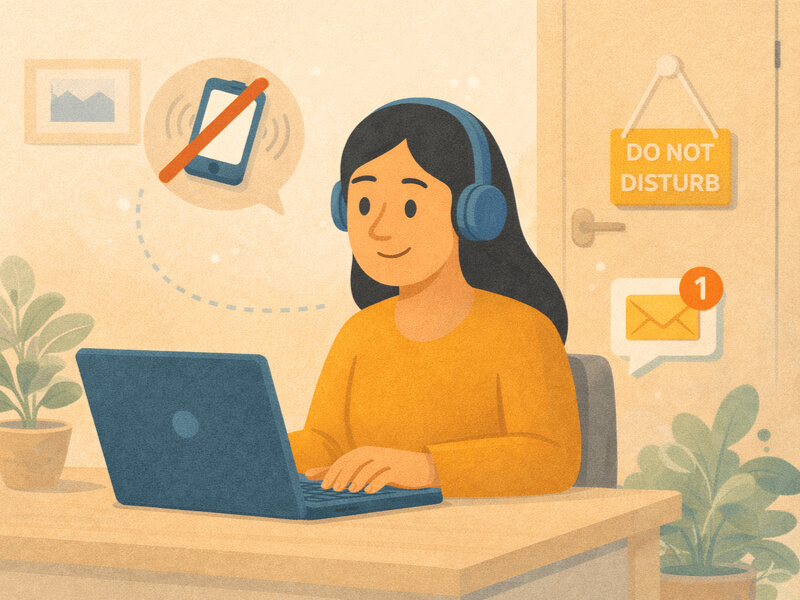
The term “soft skills” is typically defined as how we interact with others and communicate ideas. However, soft skills also deal with emotional intelligence, personality traits, and how people navigate their ways through personal and professional setbacks. This doesn’t necessarily mean that the world will always be the oyster for easygoing, laid-back people. However, it could mean they might find it easier adapting to a “new normal” than hard-charging “Type A” personalities would. Here are some great soft skills examples from leaders, ranging from Gayle King to Princess Diana.
Some Underestimated Soft Skills
Resourcefulness. Despite not having business know-how or financial means, Ben Cohen and Jerry Greenfield, the founders of Ben & Jerry’s, were able to tap into Americans’ expectations for premium ice cream through their resourcefulness.
Empathy. At the height of the AIDS epidemic in the 90s, Princess Diana was photographed shaking patients’ hands without gloves. Through her compassion and empathy, she helped reduce the social stigma and public fear of contracting the disease through casual contact.
HIV does not make people dangerous to know. You can shake their hands and give them a hug. Heaven knows they need it.
-Princess Diana said in an interview with reporters
Body Language. During a live interview with a suddenly raging R. Kelly, Gayle King epitomized an interviewer with excellent command of listening and body language skills. She spoke softly, made eye contact and defused a tough on-camera moment with her guest.
What do all of these real world examples have in common? They all showcase how soft skills fuel innovation, break stigmas, and bridge relationships. Regardless of profession, soft skills play a critical role in the way you interact with others and whether or not they feel psychologically safe and respected being around you.
Why Are Soft Skills Important?
Soft skills are the keys that open up new opportunities in the working world as well as our personal lives. There are very few jobs that don’t depend on soft skills. These skills can be improved, yet are typically not skills that are acquired from traditional methods like college or books. Desirable soft skills include adaptability, good people skills, the ability to communicate ideas and intentions, and common sense.
You don't have to graduate from a top university to acquire soft skills. Intangible soft skills like listening and empathy help facilitate relationships with others, get buy-in on ideas, and move projects forward with less friction.
By harnessing the power of soft skills, you can learn how to demonstrate strong leadership skills and advance your career. Professionals with the strongest soft skills can often achieve far more successes than those who focus solely on developing and expanding their repertoire of hard skills. They tend to be likable, sociable, and get along easily with a disparate group of people. In short, they are “people persons” for whom social and professional interactions appear natural and unforced.
What’s the Difference?
So hard skills vs. soft skills, what's the difference? Hard skills are technical skills that are often taught in schools and can be learned through traditional methods like books, online courses, and apprenticeship. Alternatively, soft skills focus on abilities to manage actions and interactions with others and to leverage empathy to understand the crux of a potential conflict.
If you are very proficient at coding or social media management or know your company’s software programs inside and out, then you're possessing hard skills. Those who are more empathetic tend to make others gravitate toward them and create buy-in for their ideas, thus demonstrating soft skills.
Soft Skills: Interpersonal vs. Intrapersonal Skills
If you’re able to engage groups and infuse them with enthusiasm for your projects, you have a good grasp of interpersonal skills. Likewise, those with excellent intrapersonal skills learned how to self-analyze and reflect on their own motivations to better achieve the desired results. Both interpersonal and intrapersonal skills are essential for success in industries like Colombia software development, where teamwork and self-awareness drive innovative solutions. Neither is inherently better, and both are highly desirable soft skills to bring to the table of your company or organization.
So which should you acquire? Ideally, both. There's no such thing as interpersonal vs. intrapersonal skills if you want to become a well-rounded leader. Still, most team members are more naturally drawn to one skill set or the other. Establish your wheelhouse, but allow your growth mindset to expand your knowledge base.
Universal Soft Skills You Can Work On
To some extent, the industry that you're in with dictate which soft skills are more valuable than others. However, there are several universal soft skills that can help you succeed in all aspects of your professional and personal lives. Here's a list of universal soft skills you can work on:
- Body Language
- Candor
- Coaching
- Empathy
- Inclusiveness
- Influence
- Leadership
- Listening
- Resourcefulness
- Supportiveness
- Verbal Communication
How to Improve Your Soft Skills
Simply being aware that you should up your soft skills games is a great start. You can set specific goals to improve your interpersonal skills in the workplace. An excellent way to regularly measure your progress is to proactively seek feedback from your team. Peers are more likely to spot and help you identify blind spots and gaps in your soft skills through day-to-day interactions.
























